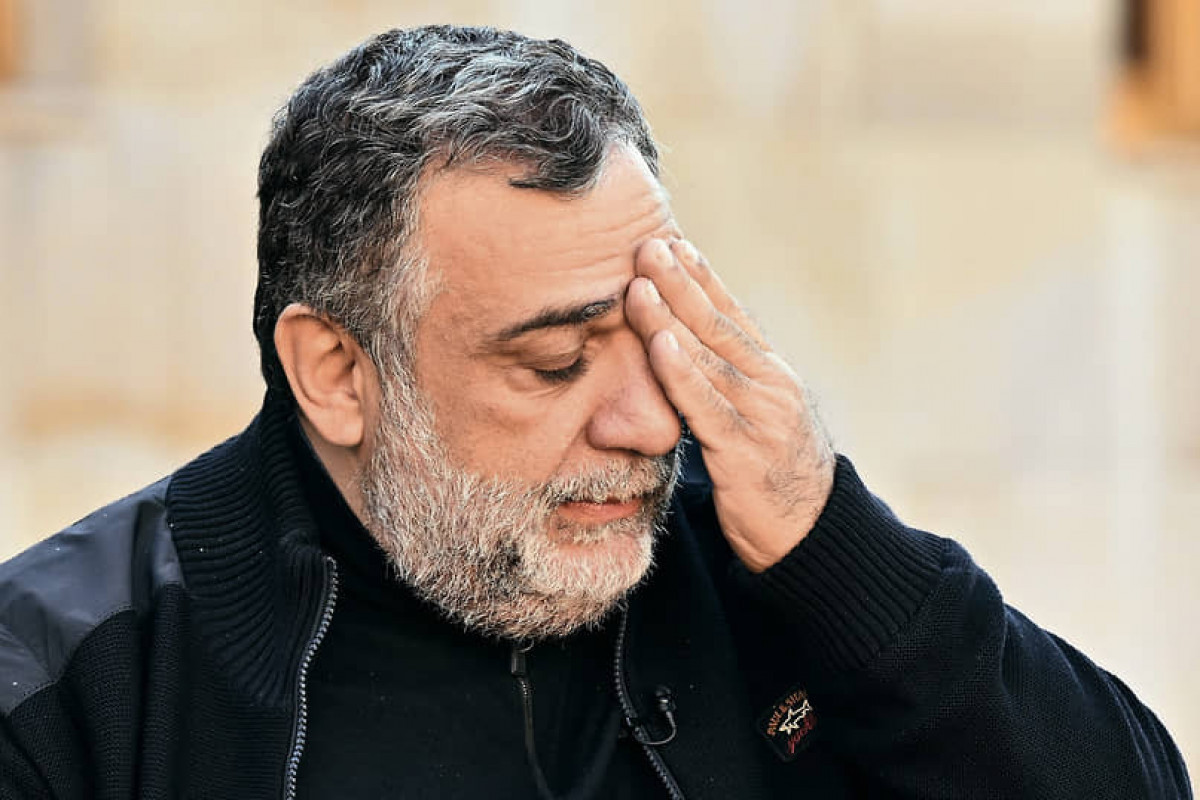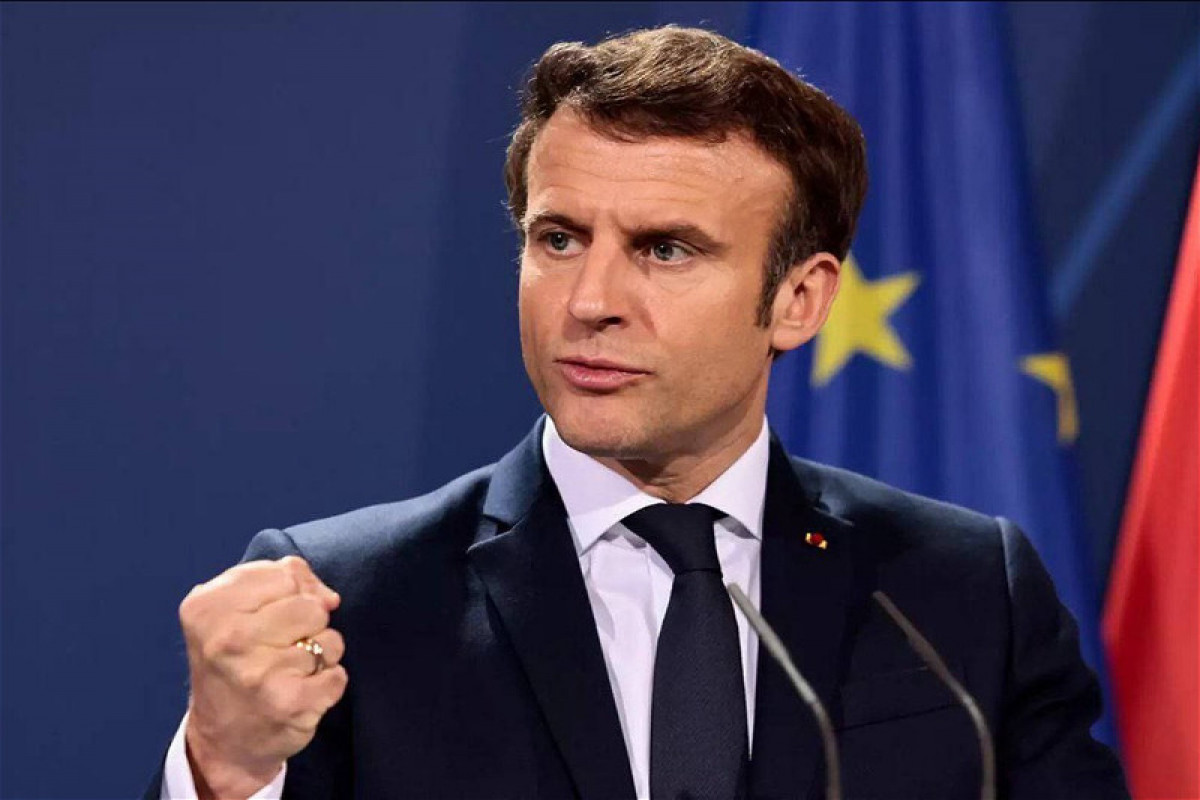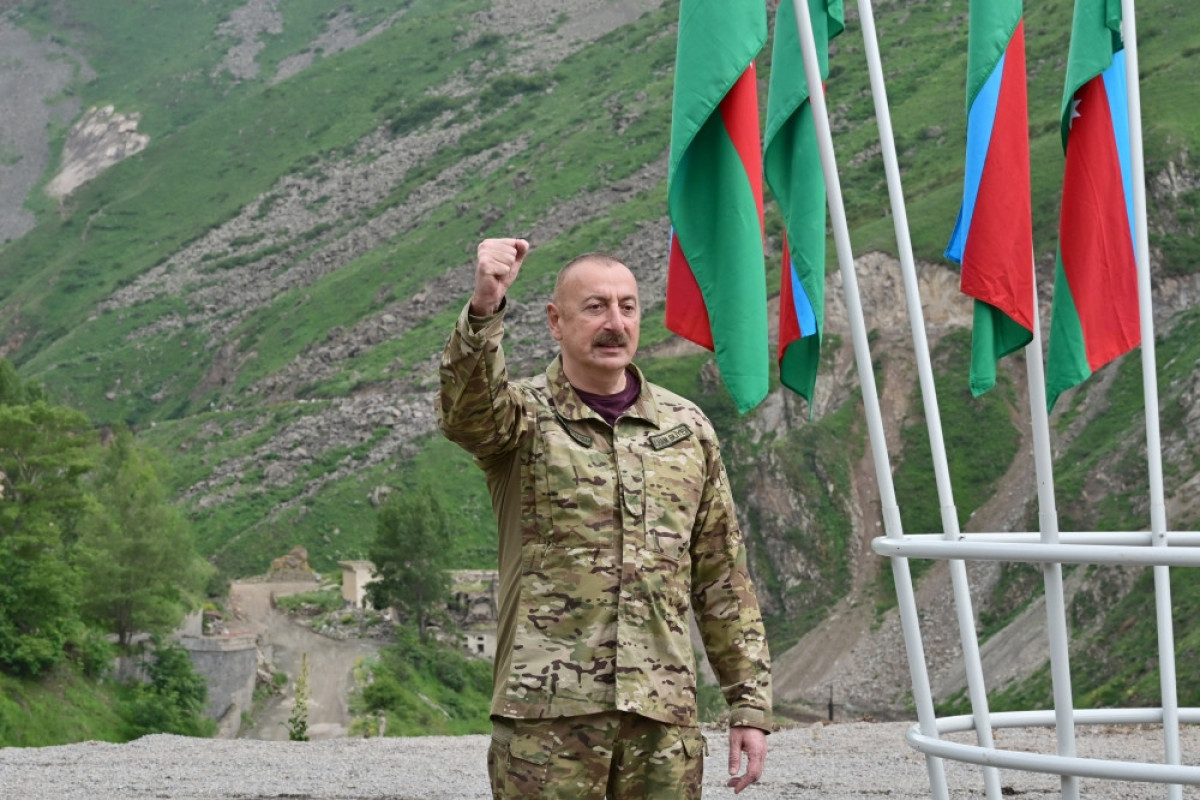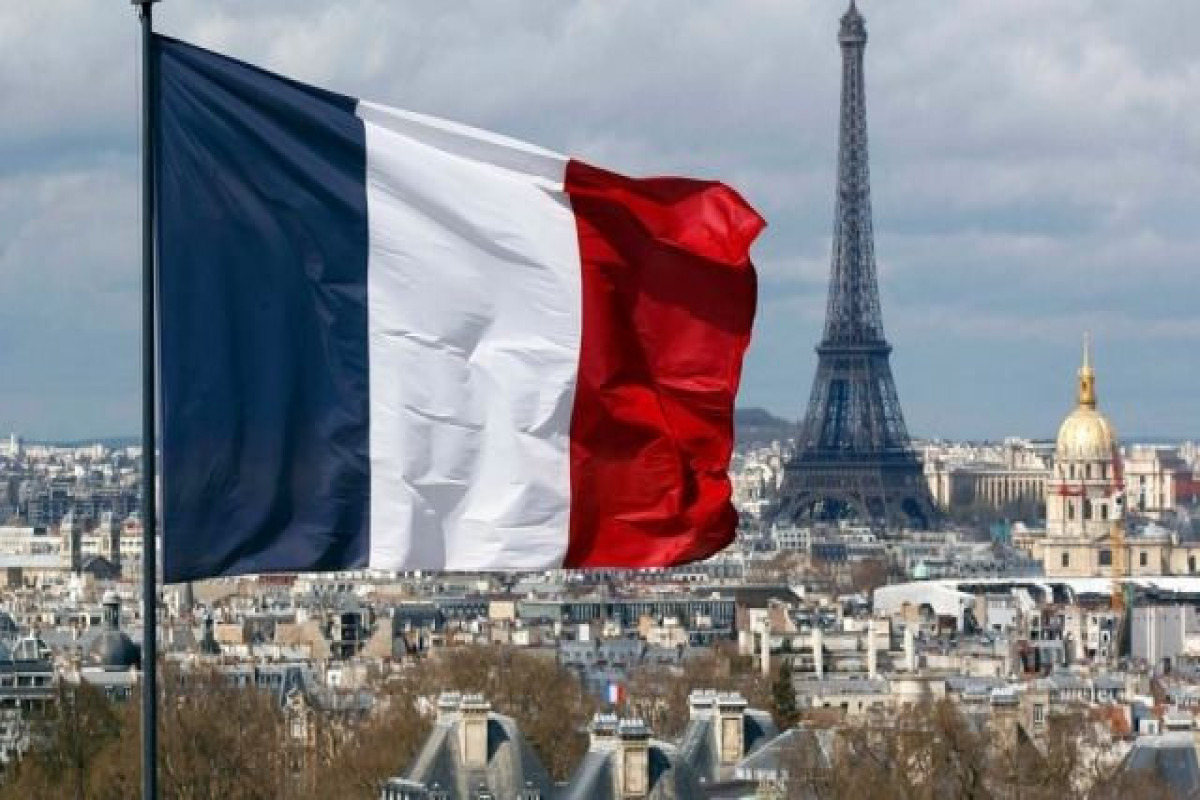NABUCCO PIPELINE: QUO VADIS? – ANALYSIS

After months of stagnation, the Nabucco project has taken some cautious steps forward recently. Companies involved in the pipeline scheme, which would bring Caspian and Middle Eastern gas to Europe through Turkey, have given the clearest signs yet of which suppliers will contribute to the project.
On August 23 the consortium, made up of six European energy companies, announced that it would not be running a spur of the pipeline to the Turkish-Iranian border. It cited “the current political situation†and Nabucco’s commitment to “acting in full accordance with international laws and regulations†for the decision not to run the line to Iran (Wall Street Journal, August 23).
This refers to the continuing stand-off between Tehran and the West over Iran’s controversial nuclear programme. Clearly, this has been going on for some time, and the consortium was still contemplating Iran as a gas source: what seems to have pushed the shareholders into rejecting Iran was the July round of sanctions imposed by the European Union, which particularly targeted the Iranian energy sector (BBC, July 26). Tehran is a political risk too far.
Some days later, the German company RWE (one of the consortium members) signed a cooperation agreement with the government of Iraq’s autonomous Kurdish region, which should open the door for Iraqi Kurdish involvement in Nabucco (RWE.com, August 27). Aside from the feeder line to Iraq, the Nabucco pipeline will be connected with the South Caucasus Pipeline in Erzurum, Turkey. Here, the pipeline will be able to receive gas from Azerbaijan, particularly its vast Shah Deniz gas field.
Under a recent deal signed between Azerbaijan and Turkey, 11 billion cubic metres of Azerbaijani gas will be exported to Turkey each year. Some of this volume will be used by Turkey while the rest will be transported to Europe.
Meanwhile, Azerbaijan has also been able to provide an alternative route to Europe bypassing both Russia and Turkey. On September 14, the oil and gas companies of Azerbaijan, Georgia, and Romania signed an agreement establishing the Azerbaijan-Georgia-Romanian Interconnector (VOA, September 14). The project will take Azerbaijani gas to Georgia, where it will be shipped by tankers to Romania as liquefied natural gas (LNG), and converted back into natural gas for transport onto Europe.
Having 2 trillion cubic meters of proven gas and 5 trillion cubic meters of prospective gas, Azerbaijan retains sufficient gas reserves for Nabucco.
To boost Nabucco’s chances, the consortium has been pushing for the introduction of Turkmen gas as well. However, Turkmenistan’s vast gas reserves cannot enter Nabucco without an adequate means of transit across the Caspian Sea. As Caspian-watchers will be aware, Western efforts to build a Trans-Caspian Pipeline across the seabed connecting Turkmenistan with Azerbaijan are a constant source of friction with Russia and Iran.
In late August the Italian company ENI, which already works in Turkmenistan, proposed shipping compressed natural gas (CNG) from Turkmenistan in tankers across the Caspian to Azerbaijan (Hurriyet, August 23). The volumes involved would be small; however, it would serve as a cost-effective stopgap until the trans-Caspian link could be built (Eurasianet, August 10).
ENI’s proposal may be gaining traction: Ashgabat has recently given its strongest signal yet of support for Nabucco (Eurasianet, September 21).
Enticing Turkmenistan has always been the hardest piece of the puzzle; it remains to be seen if the EU’s recent talk of “extraordinary efforts†to bridge the Caspian can entice the isolated state further.
Drawing gas from Iraq’s Kurdish region has also its own problems. The central government and the Kurdish Regional Government (KRG) are bitterly divided over the right to export the country’s natural resources. Baghdad, fearing that exports outside its control risk undermining its sovereignty and diverting essential revenues, has slammed the deal with Nabucco as ‘illegal’ (AFP, August 31).
The KRG argues that the deal is legitimate under the Constitution, and that revenues will be sent to the federal treasury. Avoiding Baghdad is the KRG’s usual course, but this may not be feasible over such a complex, delicate issue. Although Iraq will be critical to Nabucco’s long-term success, the country’s political wrangling means that the Caspian region remains the project’s best bet at the moment.
Turkmenistan’s recent commitment is a welcome step, and Azerbaijan remains (despite its other options) supportive. However, the EU needs to reaffirm and unify its desire to implement Nabucco. In the long-term, neglect could have political – not just economic – implications, as the Caspian region looks elsewhere.
Political

An attempt to create a "Dove of Peace" from Vardanyan — Struggle over the wealth of the separatist billionaire-ANALYTICS

Macron is not sincere in his statements - France allocates less military support to Ukraine than Baltic countries-ANALYSIS

Ilham Aliyev achieved to return Gazakh's 4 villages to Azerbaijan without single bullet or bloodshed -ANALYSIS

Parisian stance: France is experiencing diplomatic stress in its relations with Azerbaijan and taking chaotic steps -ANALYTICS
NEWS FEED
U.S. Fed keeps interest rates unchanged at 5.25-5.5 pct as inflation ticks up
Arizona Senate votes to repeal 1864 abortion ban
At least eight hurt during protests in Tbilisi on May 1 — health ministry-VIDEO
Azerbaijan, Italy discuss bilateral and multilateral cooperation
Flood warning issued for Rwandans living near rivers amid heavy rains
30 people injured as trailer overturns in Germany
Voting on foreign agents law in third reading due in two weeks — Georgian PM
Reservists' next training session commences
Prime Minister Ali Asadov meets with President of Senate of Malaysian Parliament
President Ilham Aliyev received UN Assistant Secretary-General for Rule of Law and Security Institutions-UPDATED
President Ilham Aliyev received Speaker of Parliament of Iraq-UPDATED
First day of 6th World Forum on Intercultural Dialogue wraps up in Baku
Reservists' next training session commences in Azerbaijan Army
Azerbaijani President Ilham Aliyev said he will visit Iraq
6th World Forum on Intercultural Dialogue commenced in Baku, President Ilham Aliyev attended opening ceremony of the Forum-VIDEO-UPDATED
Azerbaijan, Uzbekistan, Kazakhstan sign MoU on merging energy systems
Conference of European Rabbis member: We believe in interreligious dialogue
Interreligious dialogue should be one of main parts of politics - High Representative for UNAOC
Caucasus Muslims Office Chairman calls for peace in South Caucasus
CBA Governor: Current account balance by the end of 2024 will be USD 7 billion
Azerbaijani President received KAICIID Secretary-General-UPDATED
Türkiye to seek to join in world court genocide case against Israel, says foreign minister
Baku-hosted 6th World Forum on Intercultural Dialogue features “Intergenerational Dialogue: Dialogue for Peace and Global Security: Cooperation and Interconnectivity” plenary session
President Ilham Aliyev received Chief Rabbi of Russia-UPDATED
OTS Secretary-General: "COP29 will be a useful and important platform"
President Ilham Aliyev received delegation of muftis from North Caucasus region-UPDATED
Azerbaijan Naval Forces host meeting with NATO representatives
President Ilham Aliyev received delegation consisting of religious leaders of member and observer countries of Organization of Turkic States-UPDATED
Azerbaijan to observe five non-working days in June
Military attachés from visited Higher Military School of Internal Troops of MIA
Baku-hosted 6th World Forum on Intercultural Dialogue continues with panel sessions
Azerbaijani Minister: "We will host COP29 with great honor"
President Ilham Aliyev: The process of delimitation and demarcation was carried out between Azerbaijan and Armenia without any mediation
Azerbaijan's ANAMA finds 332 landmines, 2,502 UXOs in liberated territories over the past month
President: Now we are seeing positive trends on the peace track
President Ilham Aliyev: Azerbaijan ensured peace by war and this should be thoroughly examined
Azerbaijani FM meets with Permanent Representatives of UNESCO member states and heads of National Commissions
President of Azerbaijan: As a host country of COP29, we see our role in building bridges
President: Today in the 21st century, we cannot afford to allow some big European countries to continue colonizing other peoples
CBA forecasts Azerbaijani oil and gas prices for 2025
Azerbaijani President: We are strongly committed to multilateralism
President: Intercultural dialogue within Azerbaijan has always been very positive
Central Bank: We forecast 3.5-4% economic growth in Azerbaijan this year
In Israel, Blinken set to push Netanyahu for sustained aid into Gaza
CBA: Current account will remain in surplus by the end of 2024
President: Representatives from various ethnic groups and religions living in Azerbaijan are patriots of state
President Ilham Aliyev: Azerbaijan has been crossroads of cultures for centuries
President Ilham Aliyev: The Forum on Intercultural Dialogue is a very important international platform
Georgian police detains 63 people during protests held in Tbilisi-UPDATED-3-PHOTO-VIDEO
Central Bank of Azerbaijan decreases inflation forecast


